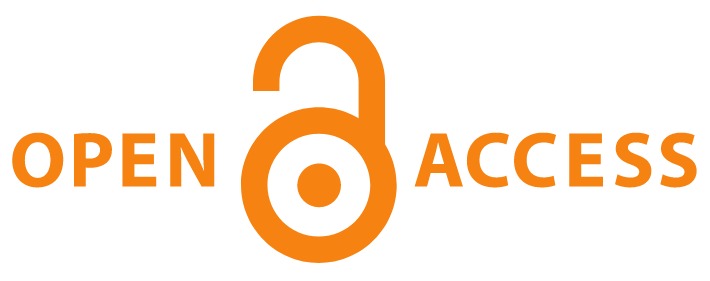Comparación de Inercia Terapéutica en Diabetes Mellitus Tipo 2 entre Médicos de Atención Primaria y Endocrinólogos. Una Revisión de la Literatura.
DOI:
https://doi.org/10.26423/rctu.v9i2.663Palabras clave:
control glucémico; diabetes mellitus, tipo 2; endocrinólogos. hemoglobina glicosilada; médicos de atención primaria,Resumen
El buen control glucémico temprano conduce a mejores resultados clínicos, incluida una reducción de complicaciones microvasculares a largo plazo; sin embargo, no ha existido ninguna mejora en el logro de los objetivos de hemoglobina glicosilada en la última década a nivel mundial. Un factor causal es la inercia terapéutica, definida como el retraso para iniciar o intensificar la terapia cuando no se han cumplido los objetivos del tratamiento glucémico. El objetivo de este estudio fue comparar la inercia terapéutica en Diabetes mellitus tipo 2, entre médicos de atención primaria y endocrinólogos, así como identificar oportunidades para fortalecer la atención de diabetes en atención primaria. El método utilizado fue de tipo descriptivo, una revisión teórica con enfoque documental bibliográfico, mediante la búsqueda en la base de datos electrónica de PubMed. Se utilizaron criterios de inclusión y exclusión para la elegibilidad de la bibliografía, al final se analizó un total de 45 publicaciones que cumplieron con los criterios de selección. Los resultados reflejan que la intensificación tardía del tratamiento no se observa exclusivamente en la atención primaria, sino también en el ámbito de los especialistas en diabetes. Se concluye que son necesarias nuevas estrategias educativas para ayudar a los médicos a intensificar oportunamente el tratamiento cuando no se cumplen los objetivos glucémicos, con el fin de prevenir la progresión de la enfermedad.
Descargas
Publicado
Número
Sección
Licencia
El titular de los derechos de autor de la obra, otorga derechos de uso a los lectores mediante la licencia Creative Commons Atribución-NoComercial-CompartirIgual 4.0 Internacional. Esto permite el acceso gratuito inmediato a la obra y permite a cualquier usuario leer, descargar, copiar, distribuir, imprimir, buscar o vincular a los textos completos de los artículos, rastrearlos para su indexación, pasarlos como datos al software o usarlos para cualquier otro propósito legal.
Cuando la obra es aprobada y aceptada para su publicación, los autores conservan los derechos de autor sin restricciones, cediendo únicamente los derechos de reproducción, distribución para su explotación en formato de papel, así como en cualquier otro soporte magnético, óptico y digital.













